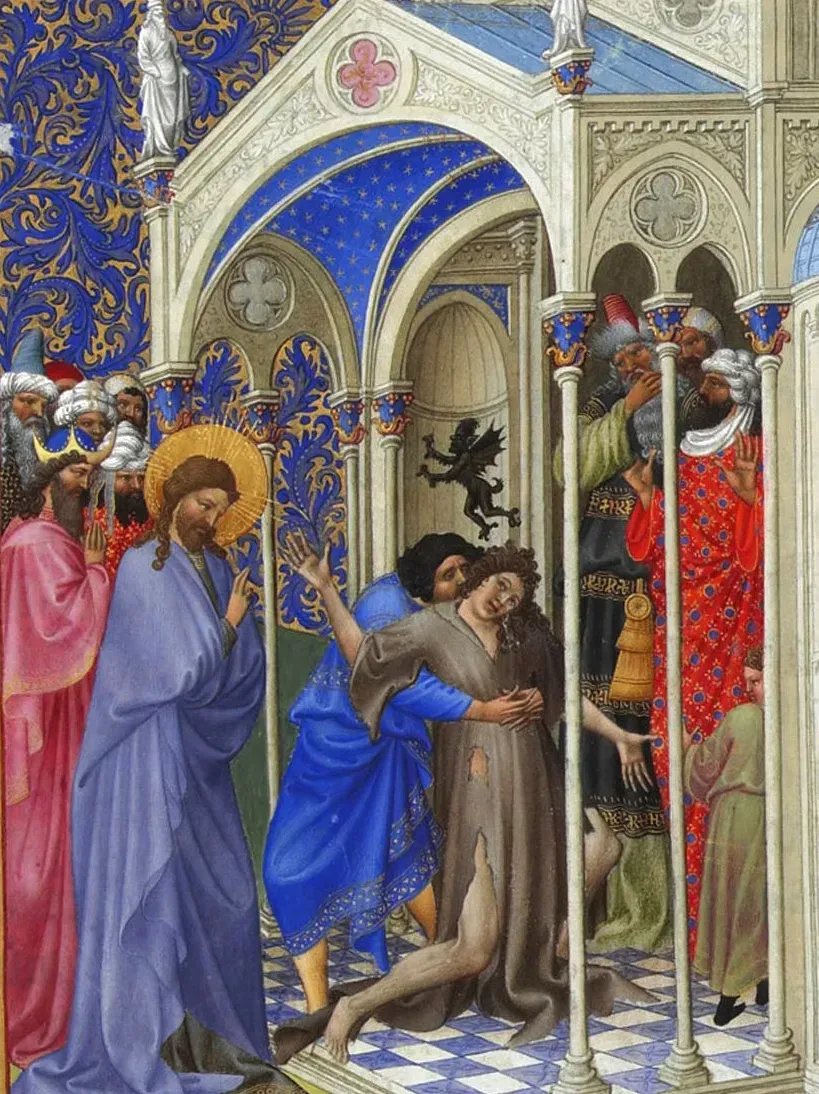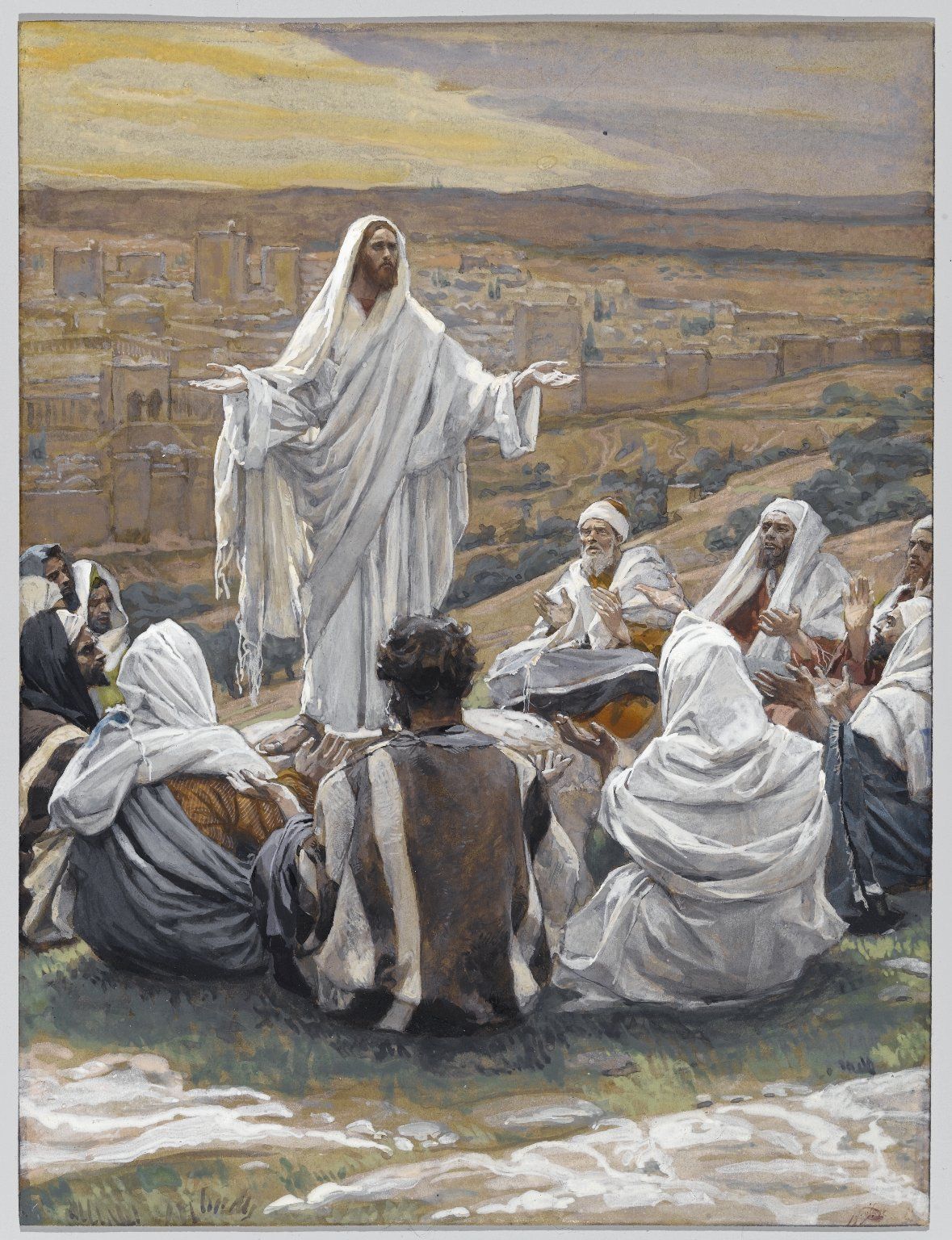Message of Abbot Paul - Thursday - 18th January 2024
Abbot Paul • January 17, 2024


Today is the first day in the Week of Prayer for Christian Unity, which is celebrated by all Churches all over the world. This year the material used in prayer was chosen by the Churches in Burkina Faso. The parable of the Good Samaritan is one of the best known passages of Scripture, yet one that never seems to lose its power to challenge indifference to suffering and to inspire solidarity. It is a story about crossing boundaries that calls our attention to the bonds that unite the whole human family. In choosing this passage of Scripture for the Week of Prayer for Christian Unity, the Churches of Burkina Faso have invited us to join with them in a process of self-reflection as they consider what it means to love our neighbour in the midst of a security crisis. Communities in the United Kingdom and Ireland may be less vulnerable to acts of mass violence than in Burkina Faso, but there are still many living with the memory and/or the threat of serious violence, centred on issues of identity and belonging. There are also groups within communities, including people from ethnic minority backgrounds and people seeking asylum, who feel particularly vulnerable to violence or being displaced by the threat of violence.
Our Gospel passage today follows on from yesterday’s reading. Jesus attempts having some peace and quiet away from the crowds, but with no success. Mark (Mk 3: 7-12) tell us that, “Jesus withdrew with his disciples to the lakeside, and great crowds from Galilee followed him. From Judaea, Jerusalem, Idumaea, Transjordania and the region of Tyre and Sidon, great numbers who had heard of all he was doing came to him.” He was causing a stir; little wonder the scribes and Pharisees were worried. According to Mark, crowds were coming from all over to catch a glimpse of Jesus and to touch him in the hope of healing. Mark continues, “And he asked his disciples to have a boat ready for him because of the crowd, to keep him from being crushed. For he had cured so many that all who were afflicted in any way were crowding forward to touch him.” Jesus often uses a fishing boat as a makeshift pulpit, as a means of addressing the crowds without the danger of being crushed to death. Mark presents Jesus as a miracle worker, a healer of bodies, minds and spirits. “And the unclean spirits, whenever they saw him, would fall down before him and shout, ‘You are the Son of God!’ But he warned them strongly not to make him known.” In all four Gospels we read of this same phenomenon, the fact that only unclean spirits really recognised Jesus to be the Son of God. It was a fact that escaped the scribes and Pharisees; even the disciples were uncertain, but unclean spirits never doubted, and they feared him, for they recognised in him the power of God.
Let us pray that Jesus will continue to come among us with the healing power of God wherever people are suffering today and let us also seek, in our own small way, to eradicate all forms of violence, hatred and persecution. Our world has become for many an unsafe place to live. May we both work and pray for justice and peace for all peoples, races and religions today and for the unity of all the Churches in Christ.









